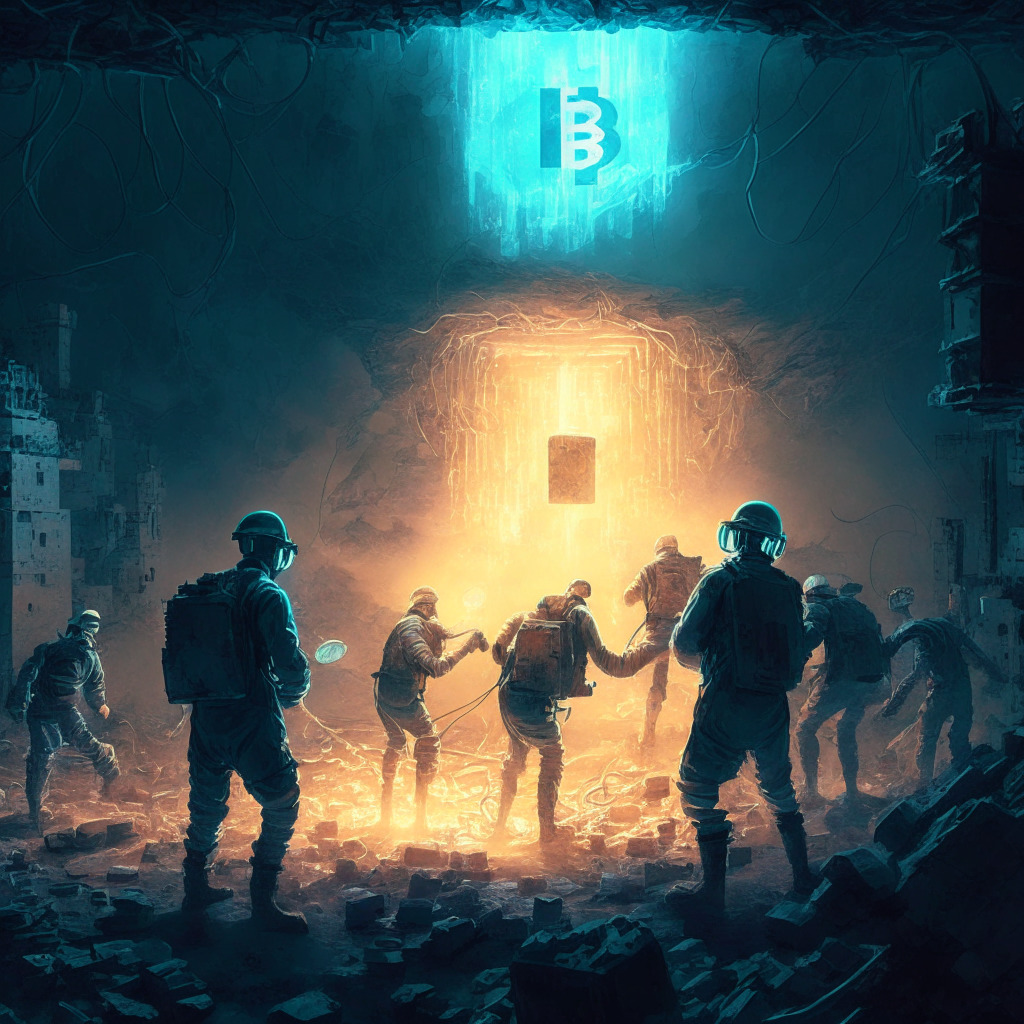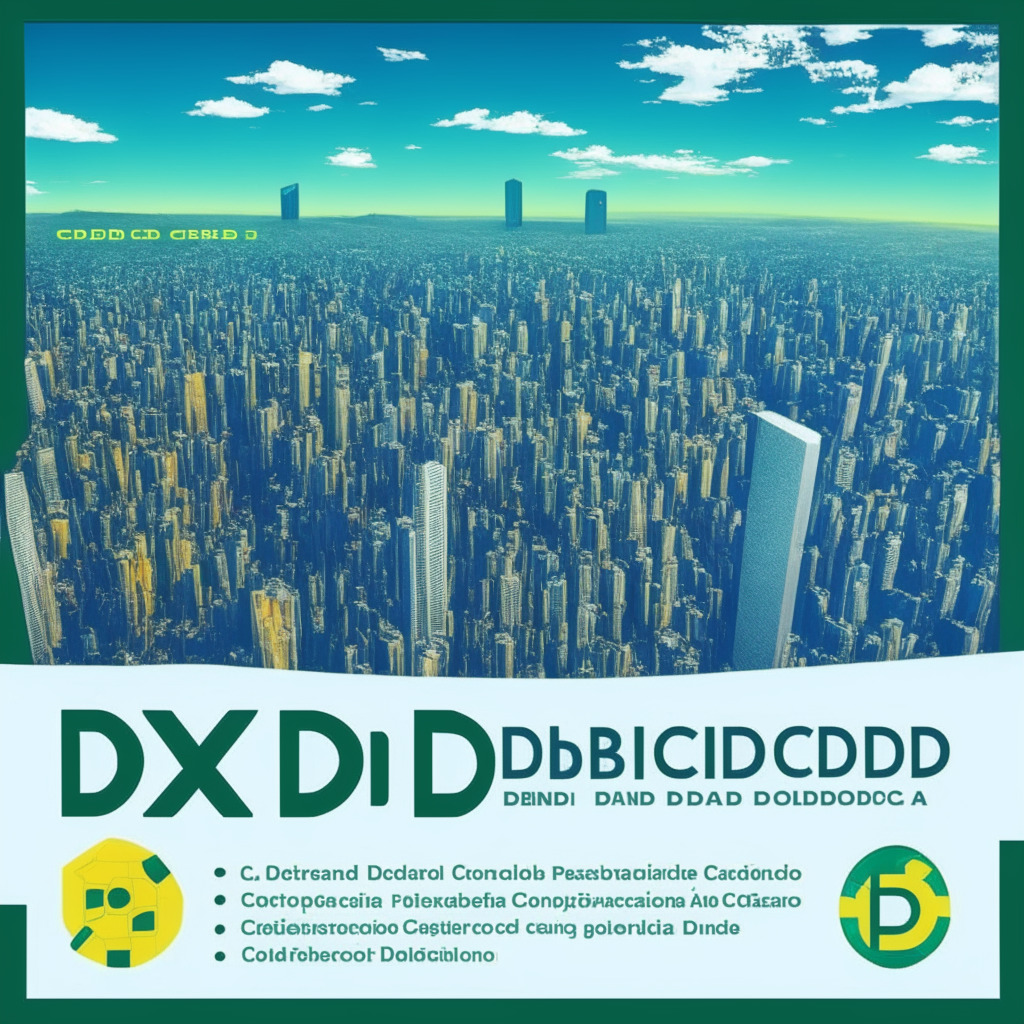From the inception of BTC in 2009, a cutoff point was set at 21 million coins. After that, Bitcoin miners will cease to enjoy block rewards for the hard work of verifying and recording transactions on the blockchain network. An inquisitive mind might wonder; what’s next for the crypto miners?
It’s no secret that mining has been a significant player in the ever-expanding crypto industry, and more than 19 million BTC have already been minted as a result of mining processes as stated by the Blockchain Council. Yet, the lingering question concerning the miners’ fate once the 21-million mark is hit remains. Although block rewards will be an element of the past, their role won’t be redundant.
Indeed, a forecast about such a far-off future necessarily carries some conjecture. Nick Hansen, founder and CEO of Bitcoin mining firm Luxor Mining, envisages transaction fees taking over the primary incentive for the miners. Like a baton pass in a relay race, as the block rewards dwindle, transaction fees become increasingly important in the Bitcoin mining economics. To fathom the dynamics of the transaction fee and project it to the future seems even more crucial.
However, this transition is years away. The daunting reality that any of us mining today likely wouldn’t live to see the last block reward received leaves us in suspense. Calculations based on the block discovery rate and halving intervals put the estimated timing of the last BTC to be mined at about 2140.
In the grander scheme of things, limited supply of coins is supposed to signal a hint of scarcity, which could, in theory, bolster the digital coin’s value. On the other hand, the price of BTC in 2140 is contingent upon unpredictable factors including market demand, regulatory climate, and others. However, as cryptocurrency market fluctuations remain unpredictable, the emphasis might move towards ensuring the ongoing security and viability of the network.
That means more emphasis on transaction fees. The more Bitcoin is adopted and used, the transaction fees will rise to the occasion by increasing significantly as per Jaran Mellerud, a research analyst from Hashrate Index. By the time the last BTC is issued, Mellerud opines that fiat currencies may have already collapsed making Bitcoin a global standard unit of account.
The ideal solution for the ecosystem might involve fewer miners surviving the cut. Pat White, co-founder, and CEO of digital asset platform Bitwave, believes that there may be a reworking of Bitcoin from the encryption layer upward between now and then. While miners will endure as part of the system, the minority may survive the mounting costs, or resort to manipulation techniques to increase the transaction fees.
Whatever the case, the potential future of Bitcoin arouses excitement and apprehension simultaneously. From being a currency for interplanetary species to becoming a ubiquitous global reserve, the odyssey of Bitcoin continues unabated.
Source: Cointelegraph




